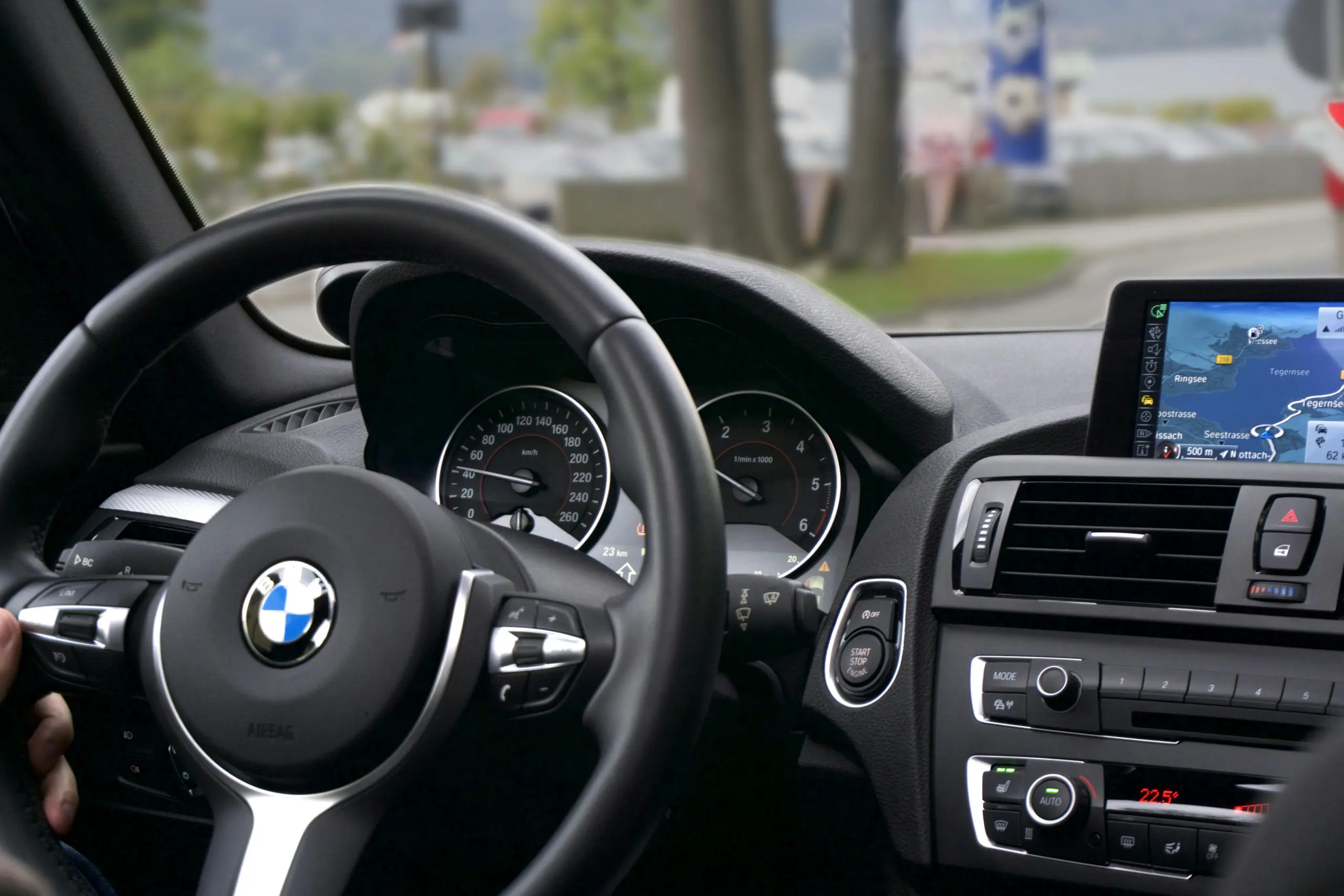Automotive Grade Linux (AGL), a collaborative project developing open-source platforms for Software-Defined Vehicles (SDVs), has announced the addition of Seafarix as its newest member. This partnership marks a step in AGL’s mission to create a shared, open software platform for all in-vehicle technology, from infotainment systems to autonomous driving capabilities.
Seafarix, with its roots in mobile technology company Jolla and its Sailfish operating system, brings unique expertise to the AGL consortium. The company specializes in bridging the gap between traditional automakers and software-first newcomers, offering solutions that allow Linux-based platforms to maintain control over their features and data privacy.
Dan Cauchy, Executive Director of Automotive Grade Linux, highlighted the value of Seafarix’s experience, stating, “They have unique expertise coming from the mobile industry, and we believe their insights will be valuable as we continue to expand and enhance our SDV development.”
One of Seafarix’s key innovations is technology that enables native Android applications to run smoothly on Linux-based automotive infotainment systems, even without official APIs. This capability could prove crucial as the automotive industry increasingly shifts towards software-defined vehicles.
Petteri Paasila, Co-Founder & CEO of Seafarix, emphasized the importance of open-source collaboration in the rapidly evolving automotive software landscape. “By joining AGL, we hope to contribute to and expand the ecosystem, helping automakers build secure, customizable, and future-proof in-vehicle experiences,” Paasila said.
This partnership underscores the growing importance of open-source solutions in the automotive industry. As vehicles become more connected and software-dependent, collaborations like this one between AGL and Seafarix are likely to play a crucial role in shaping the future of automotive technology.
The addition of Seafarix to the AGL project is expected to accelerate innovation, ensure greater interoperability, and potentially reduce development costs for automakers worldwide. As the industry continues its shift towards software-defined vehicles, such open-source initiatives may become increasingly vital in creating standardized, secure, and adaptable automotive software platforms.

